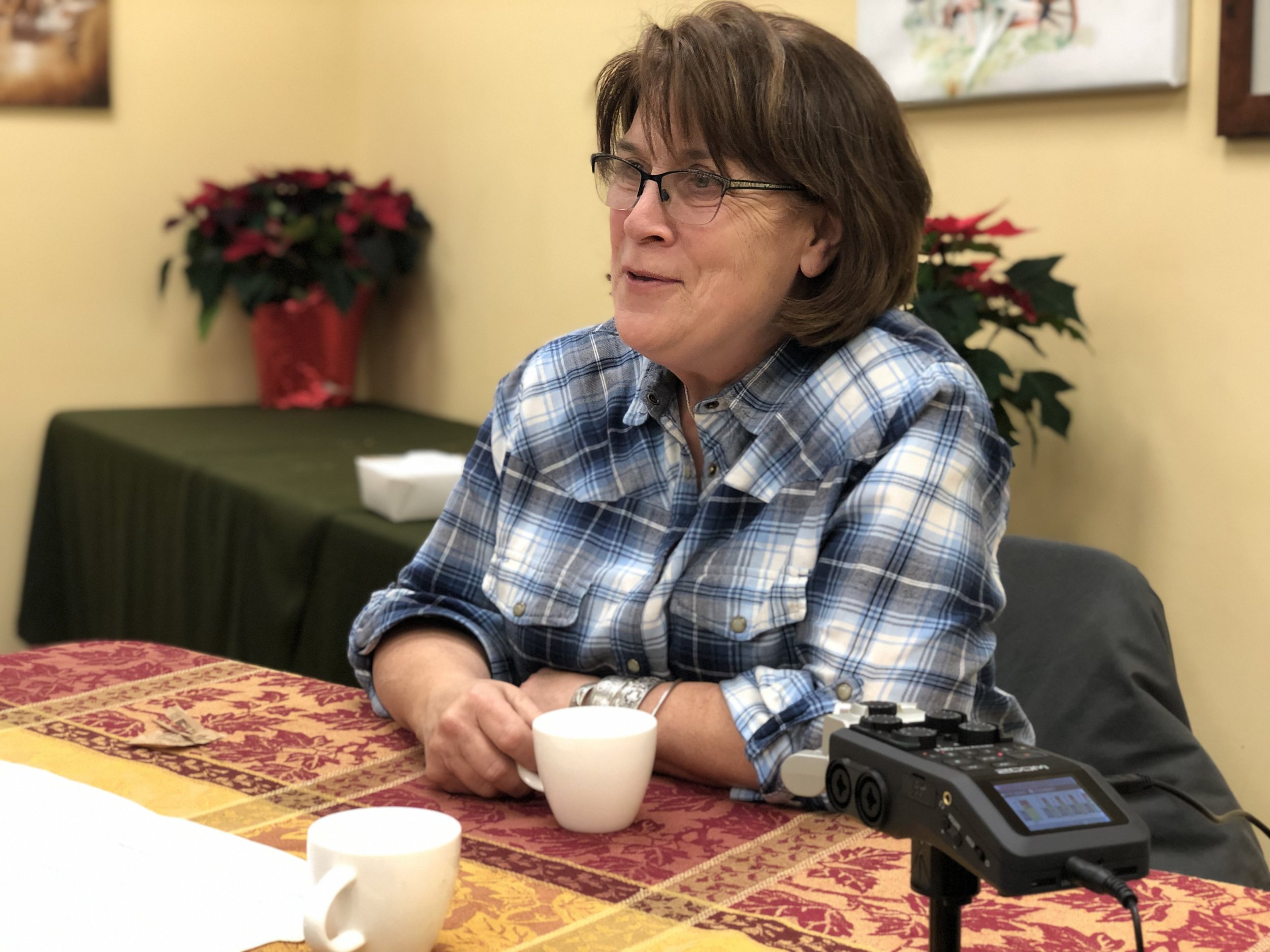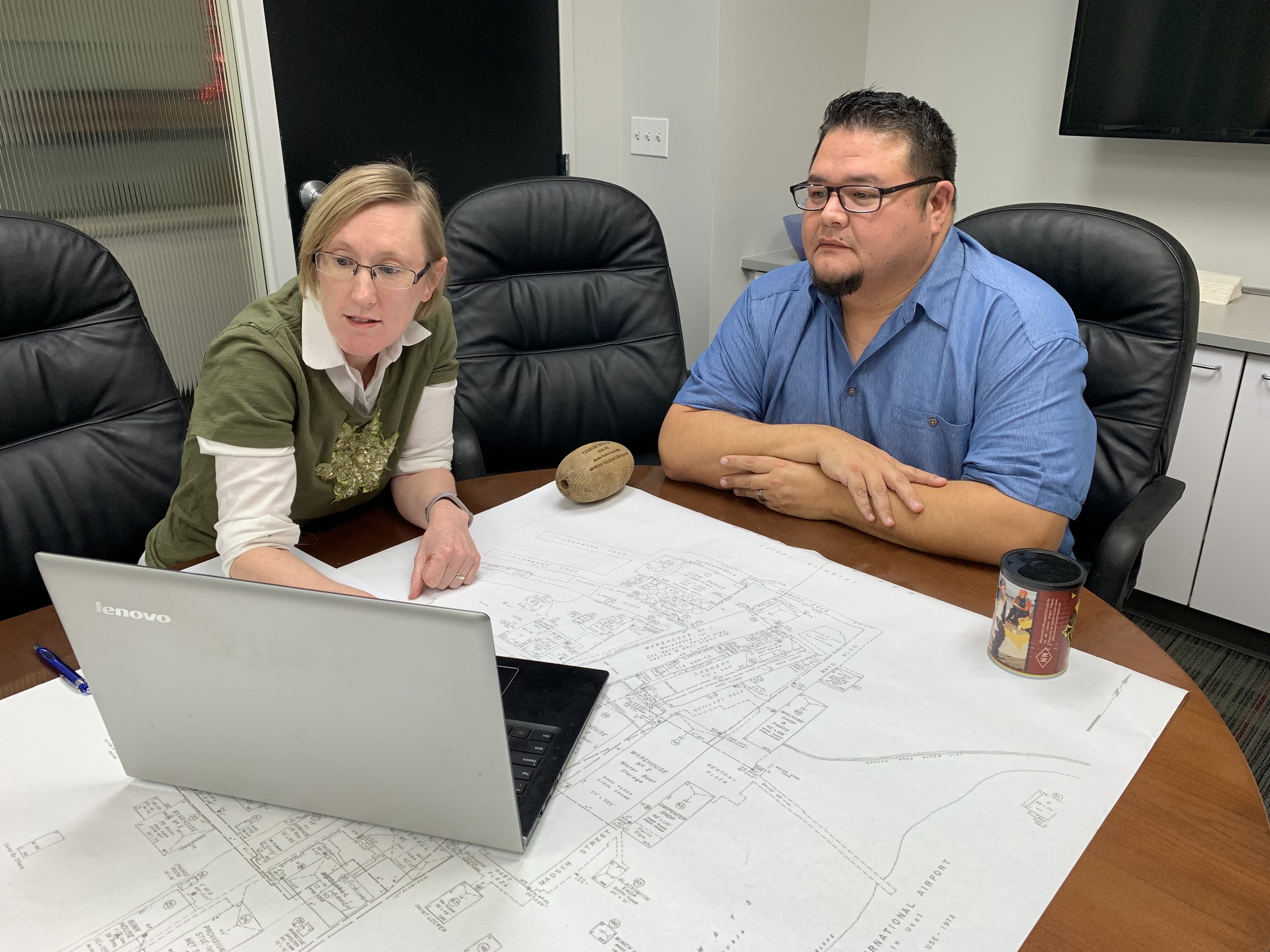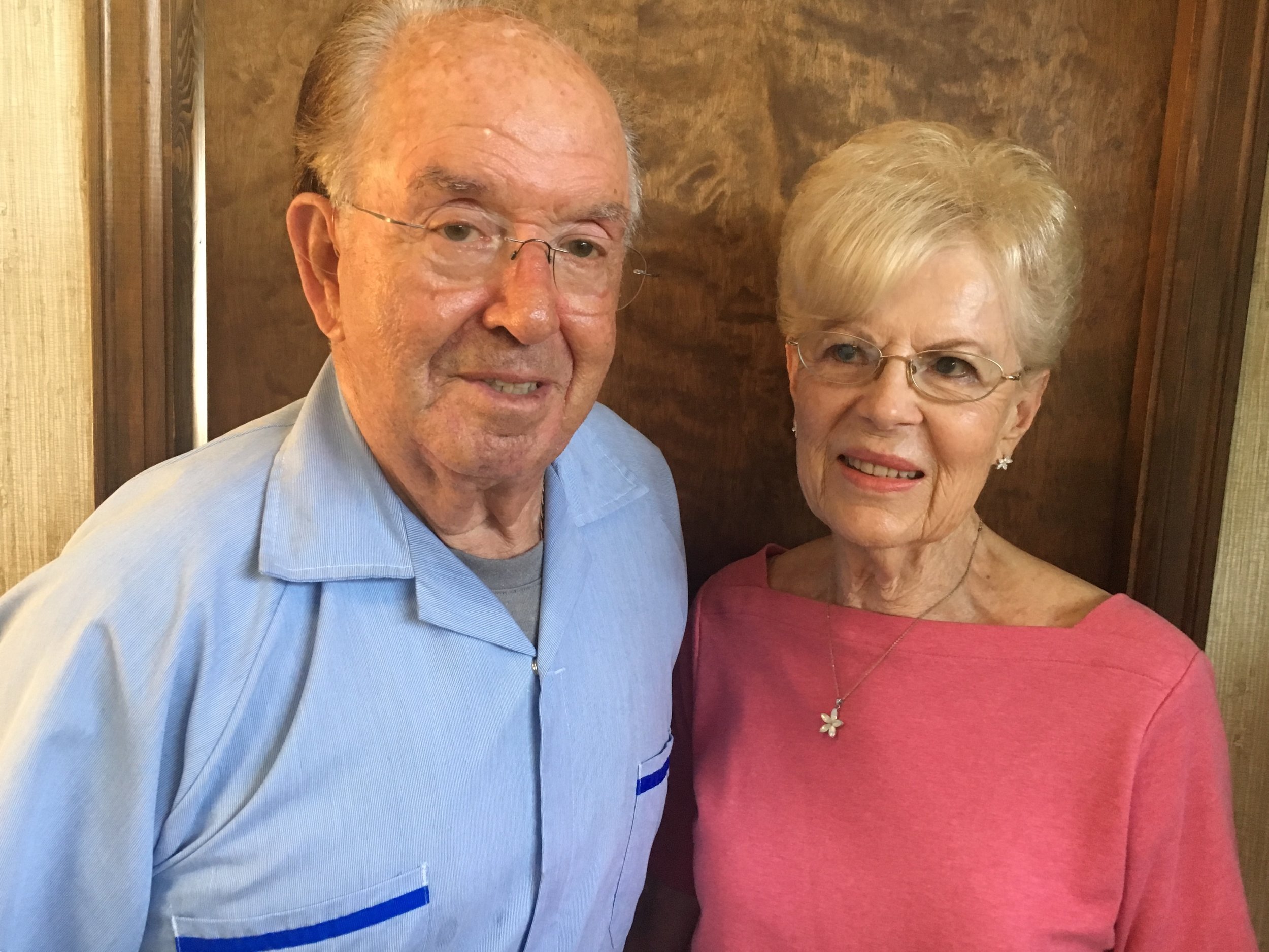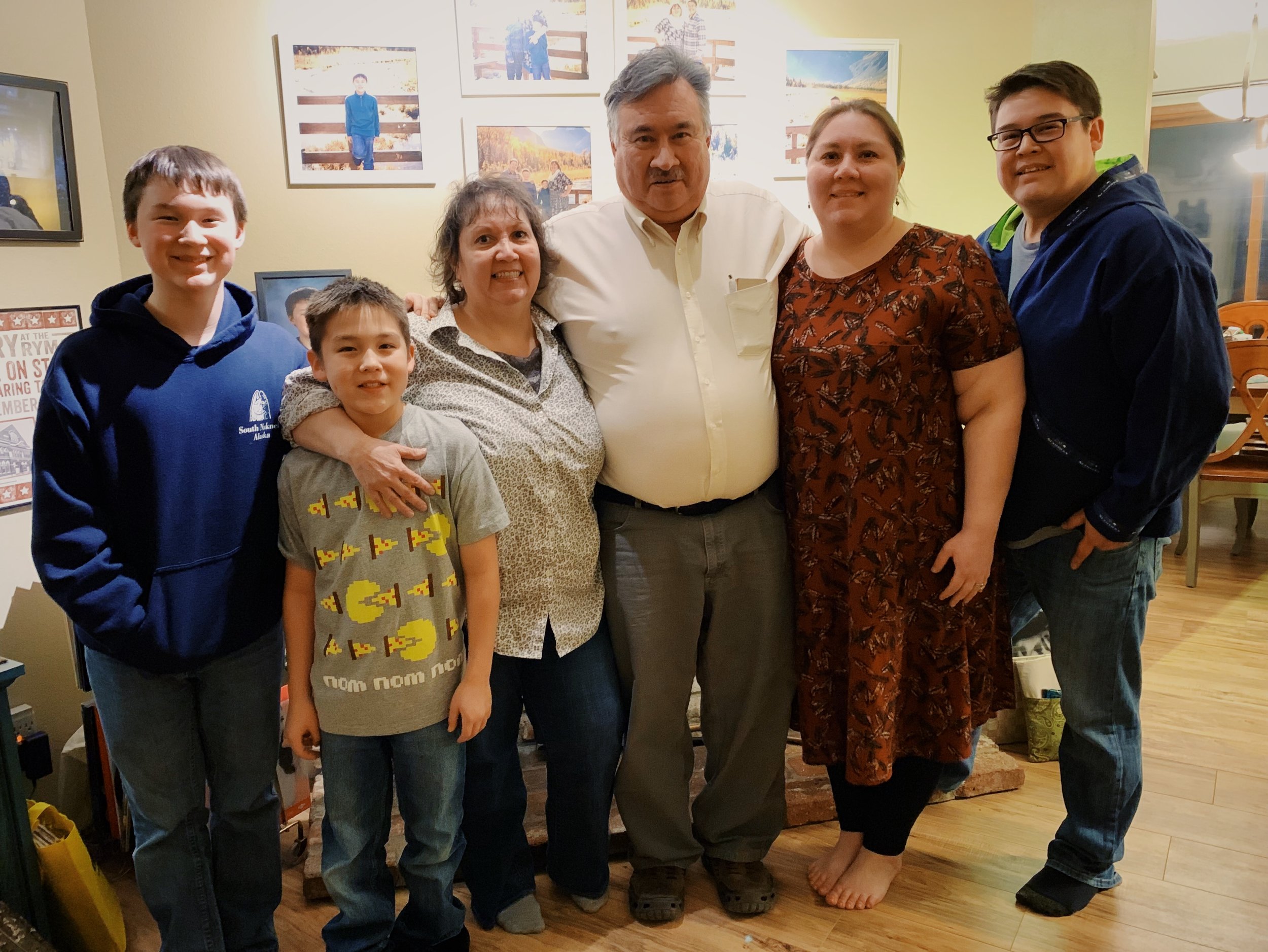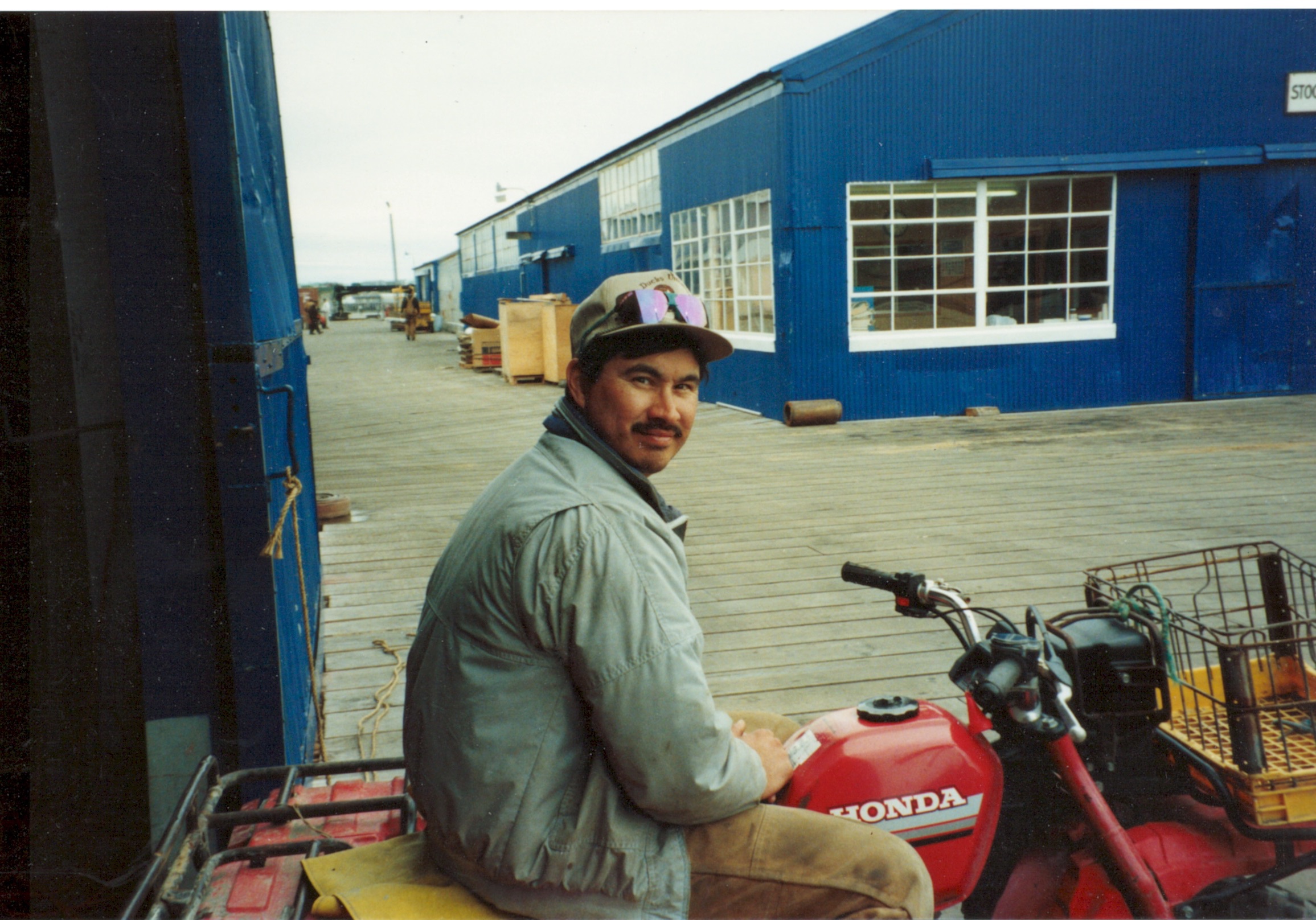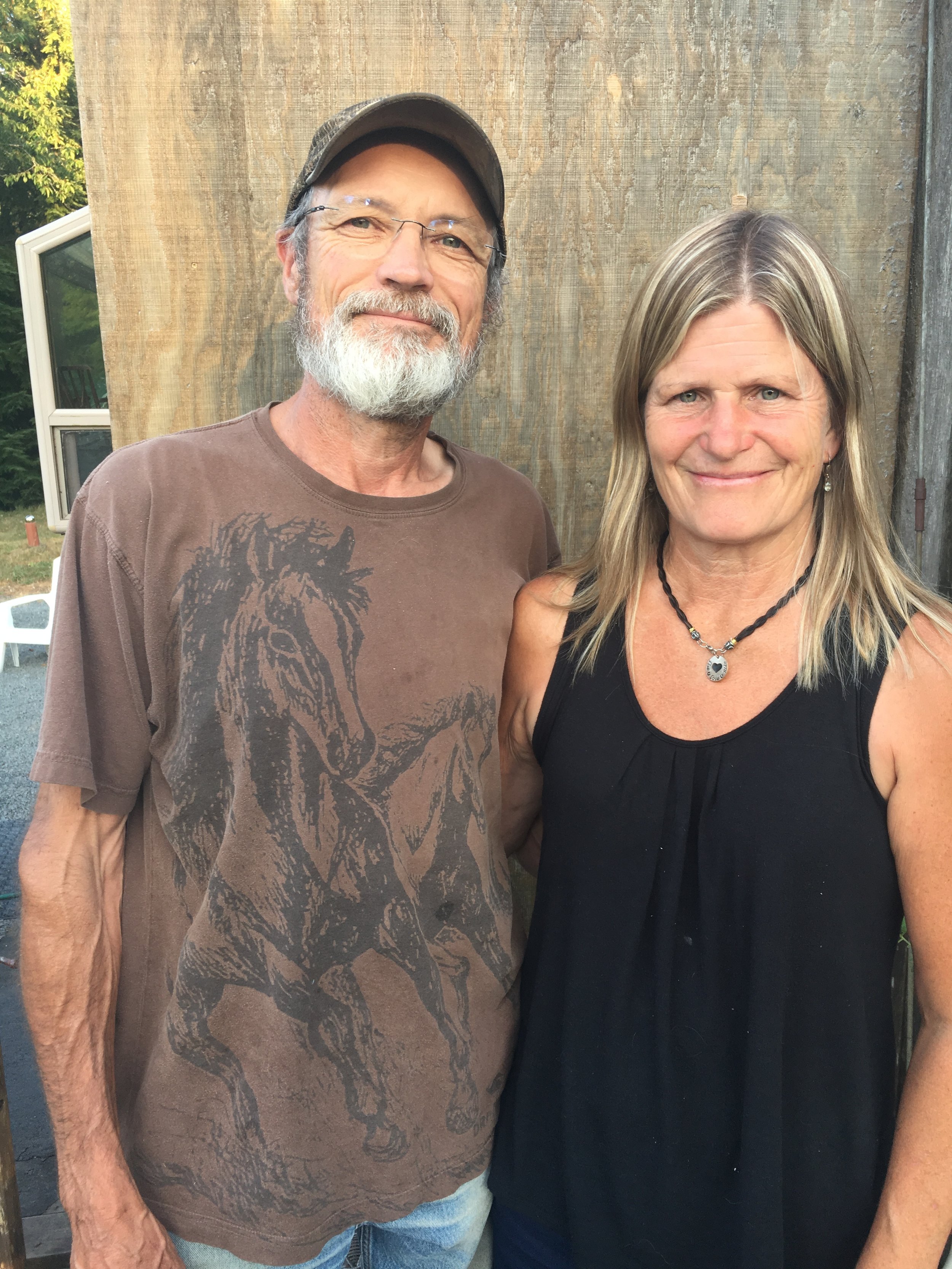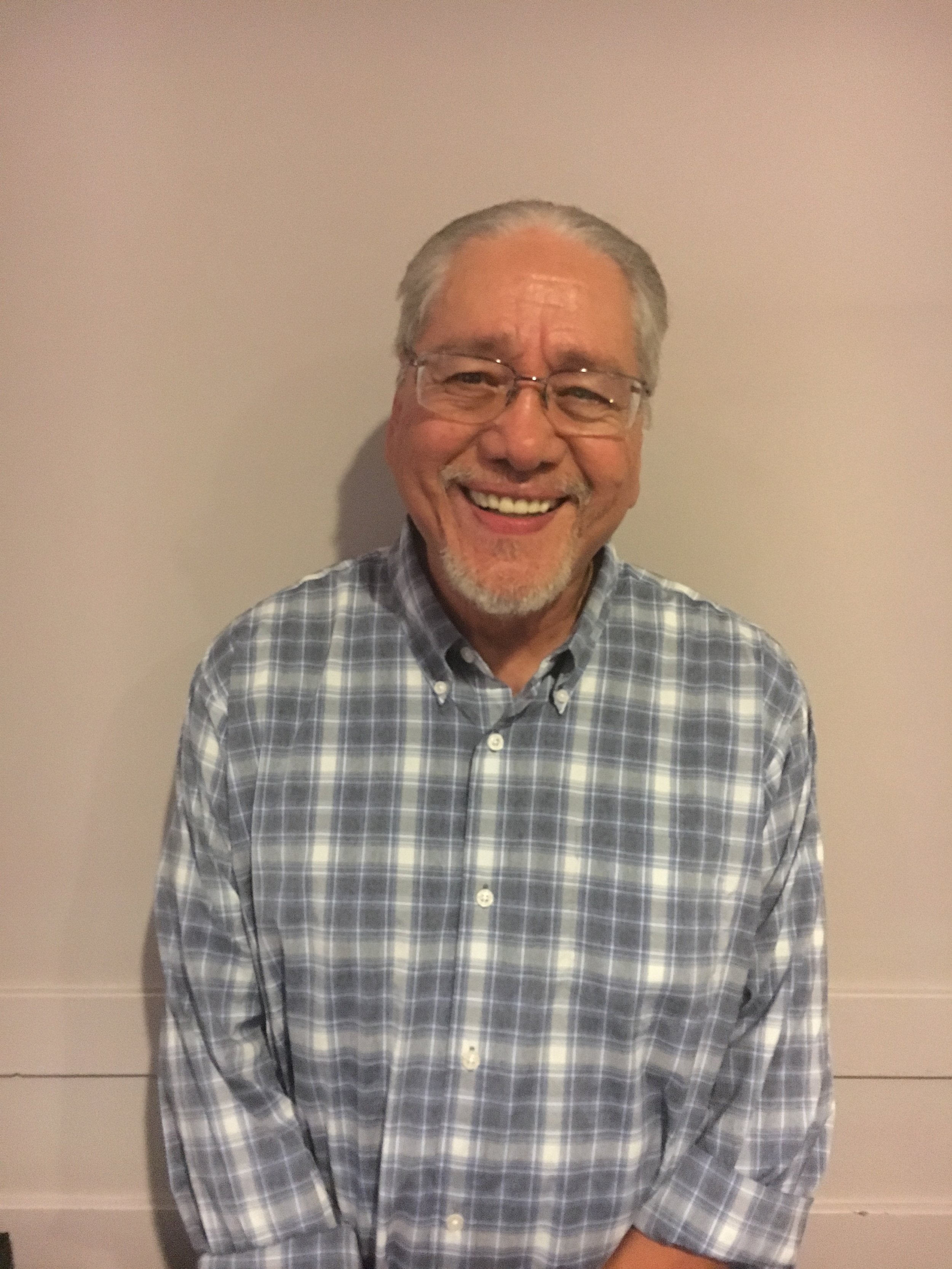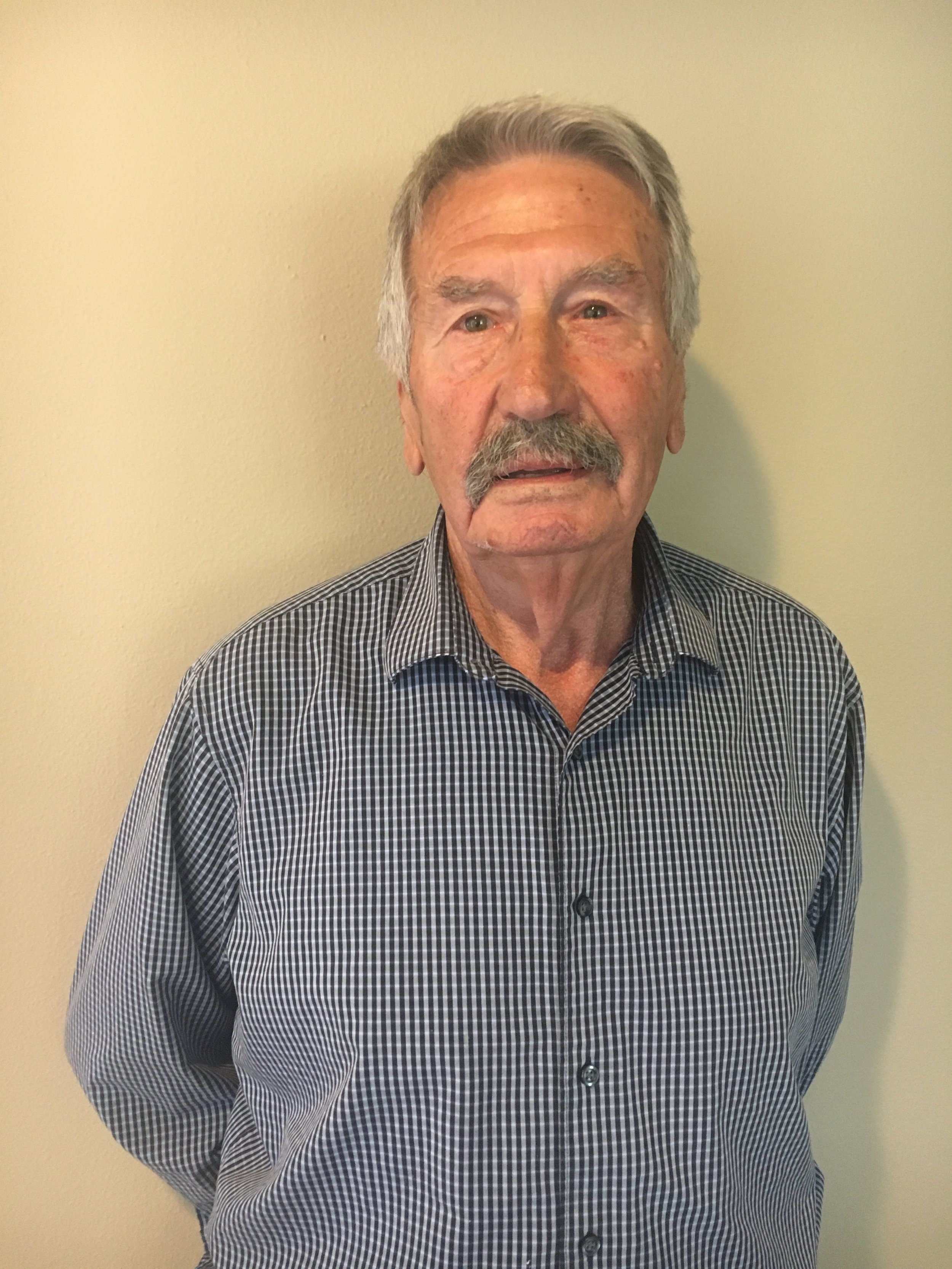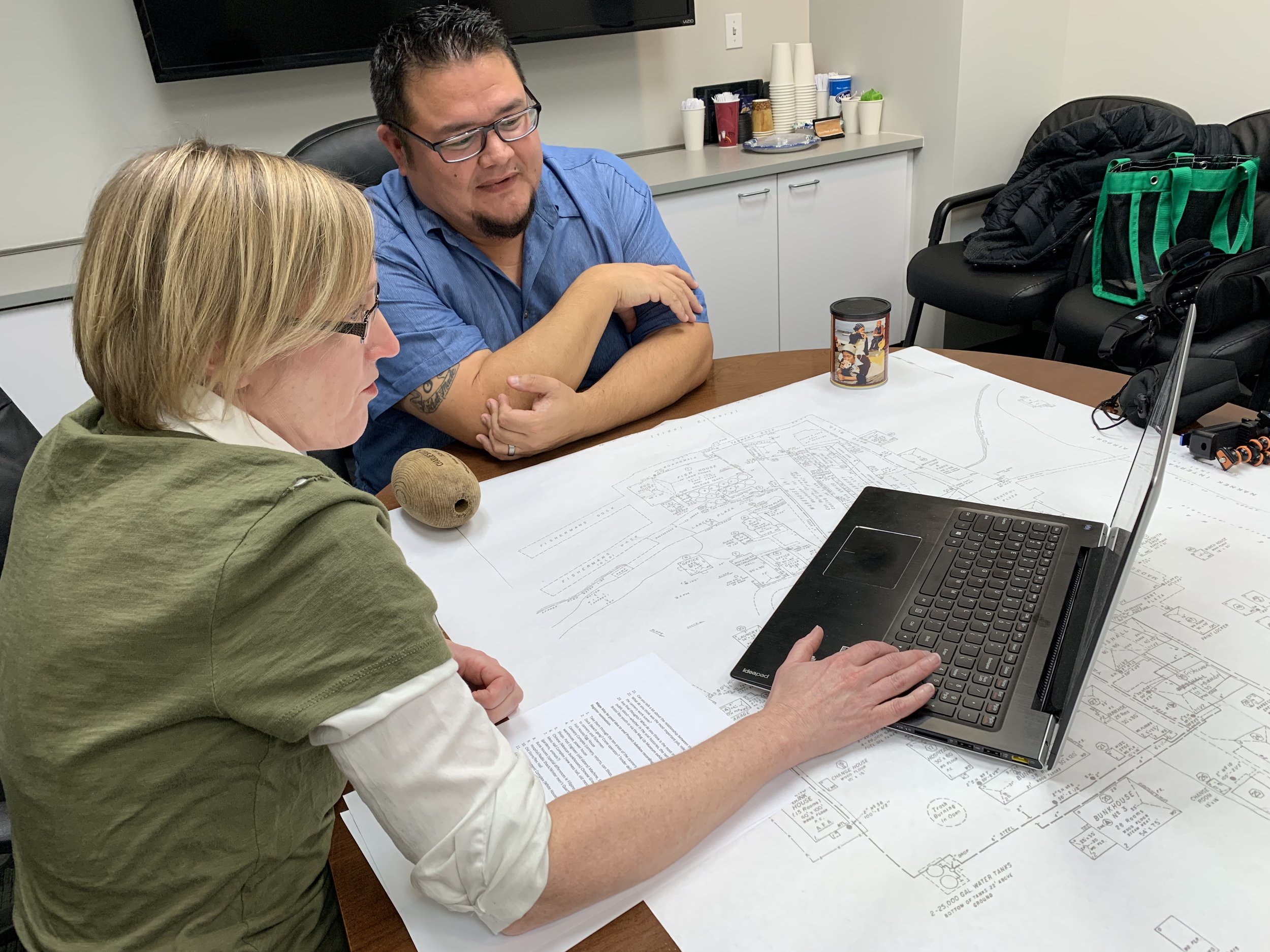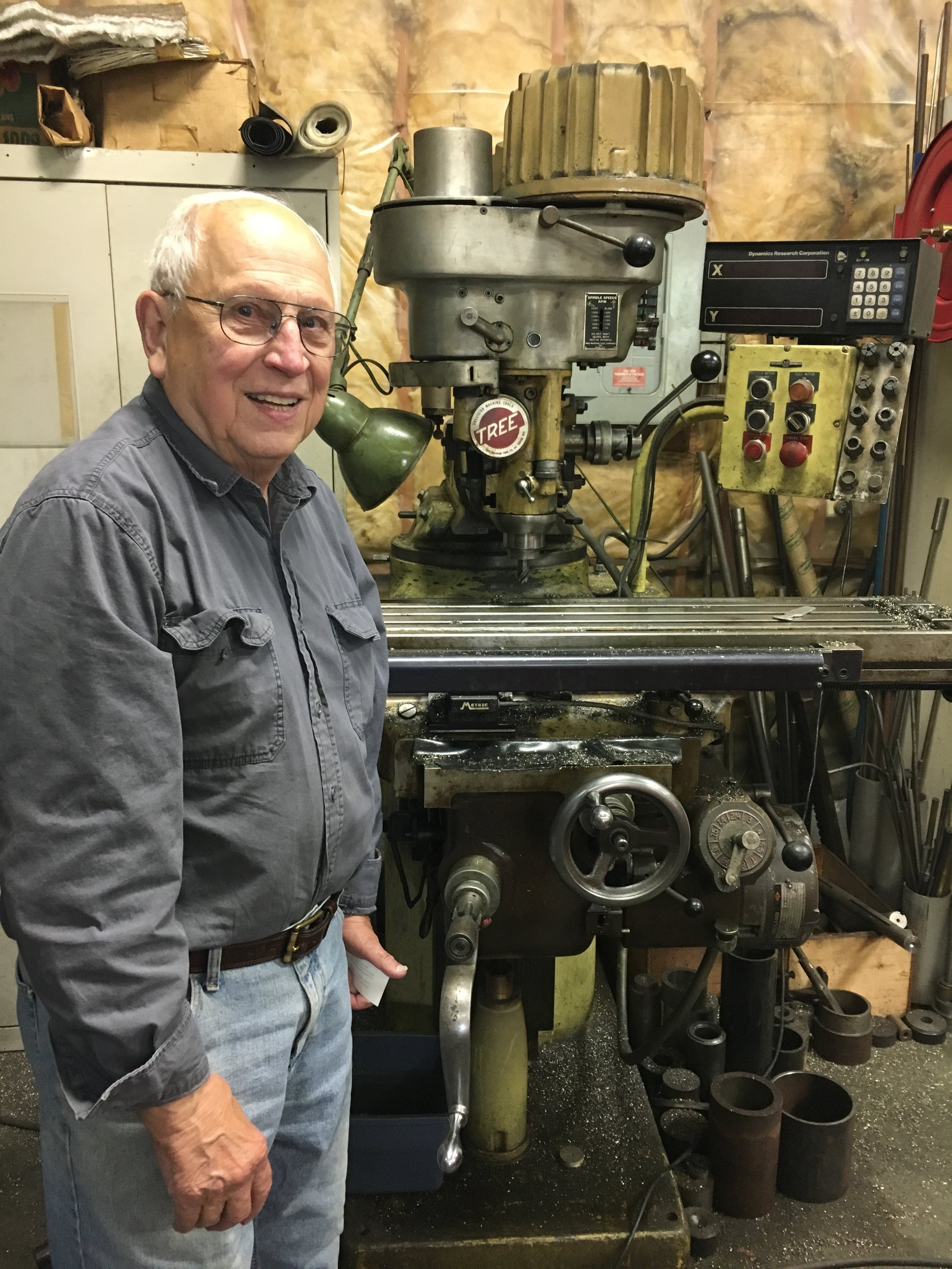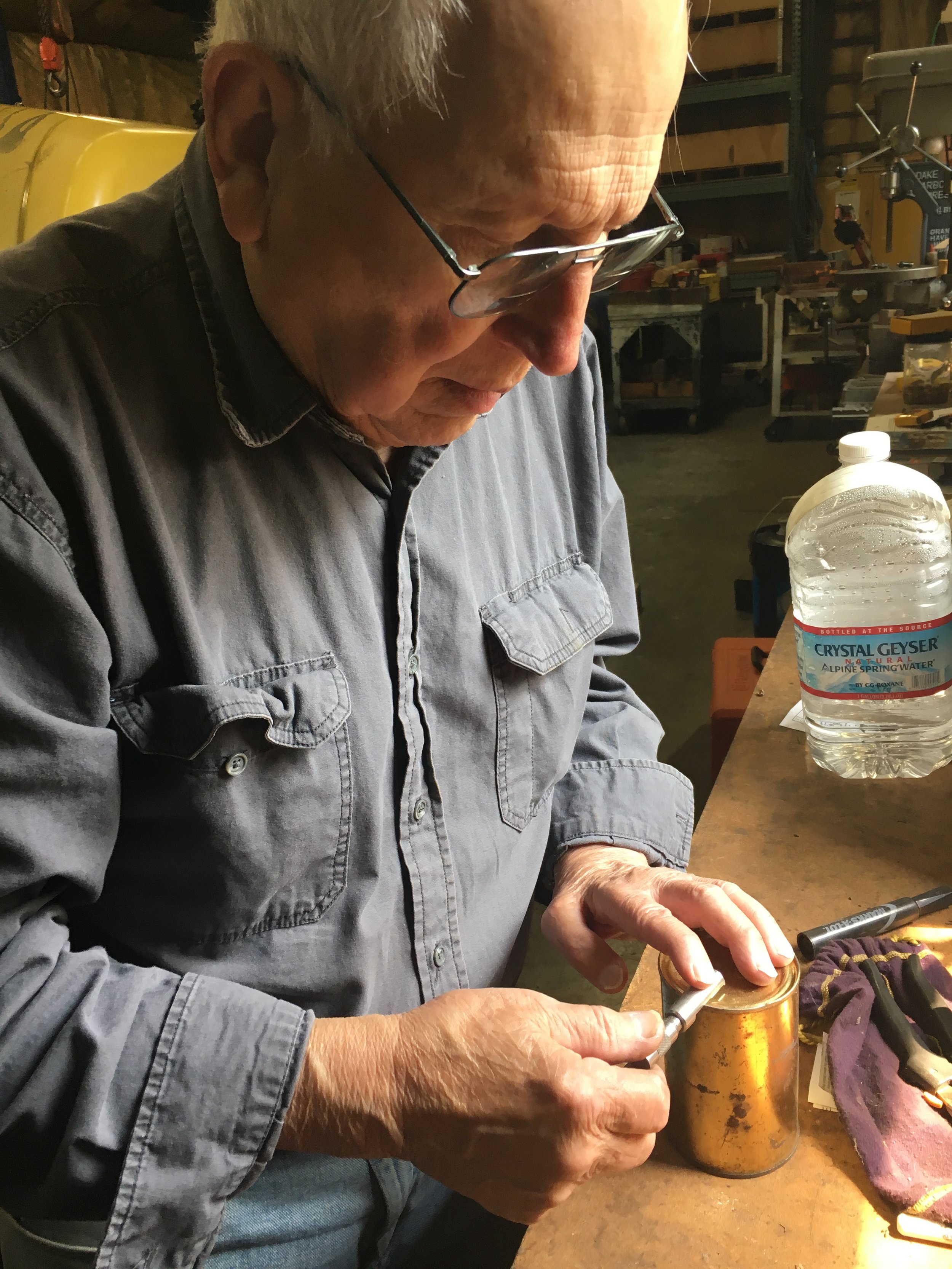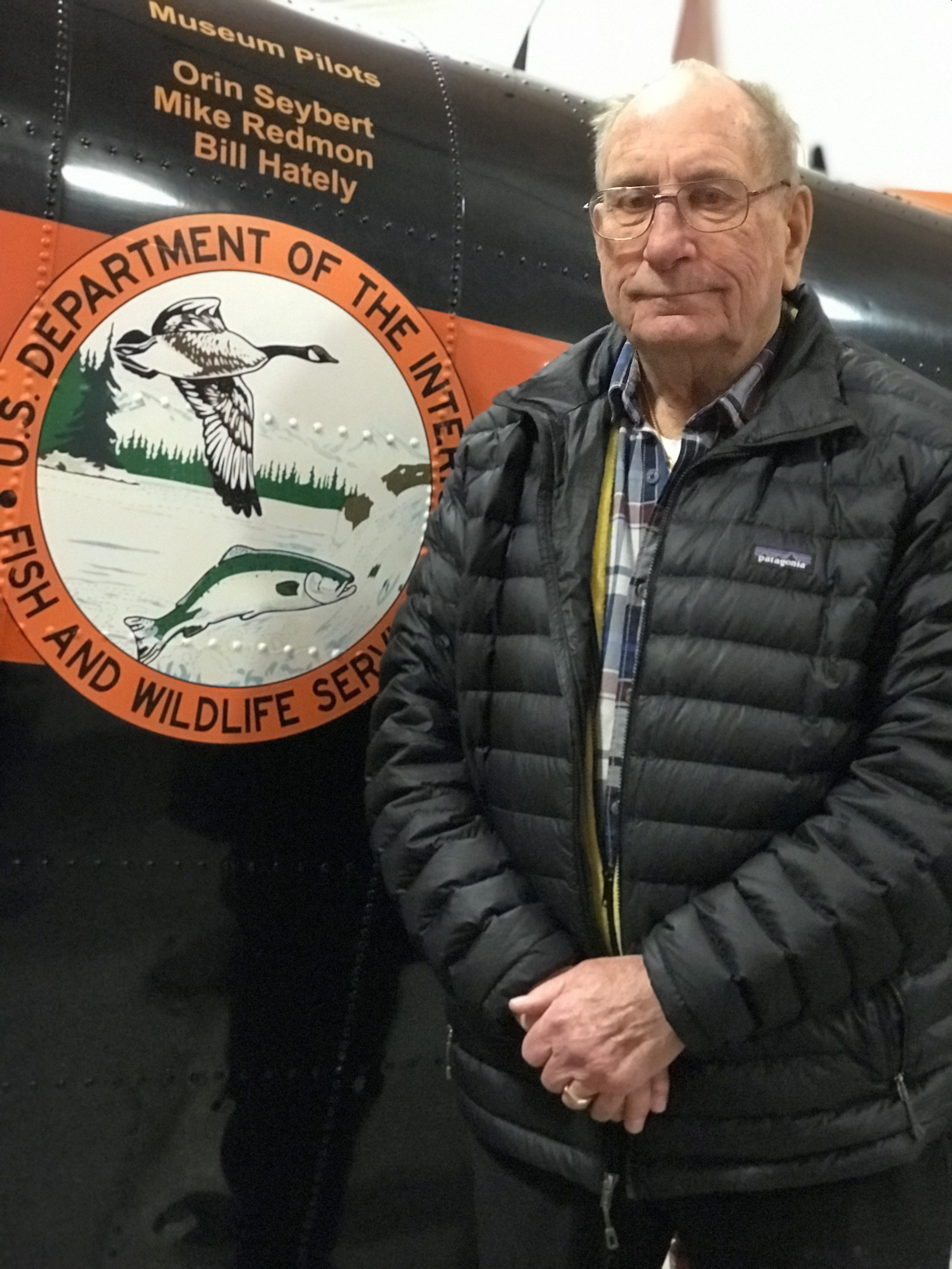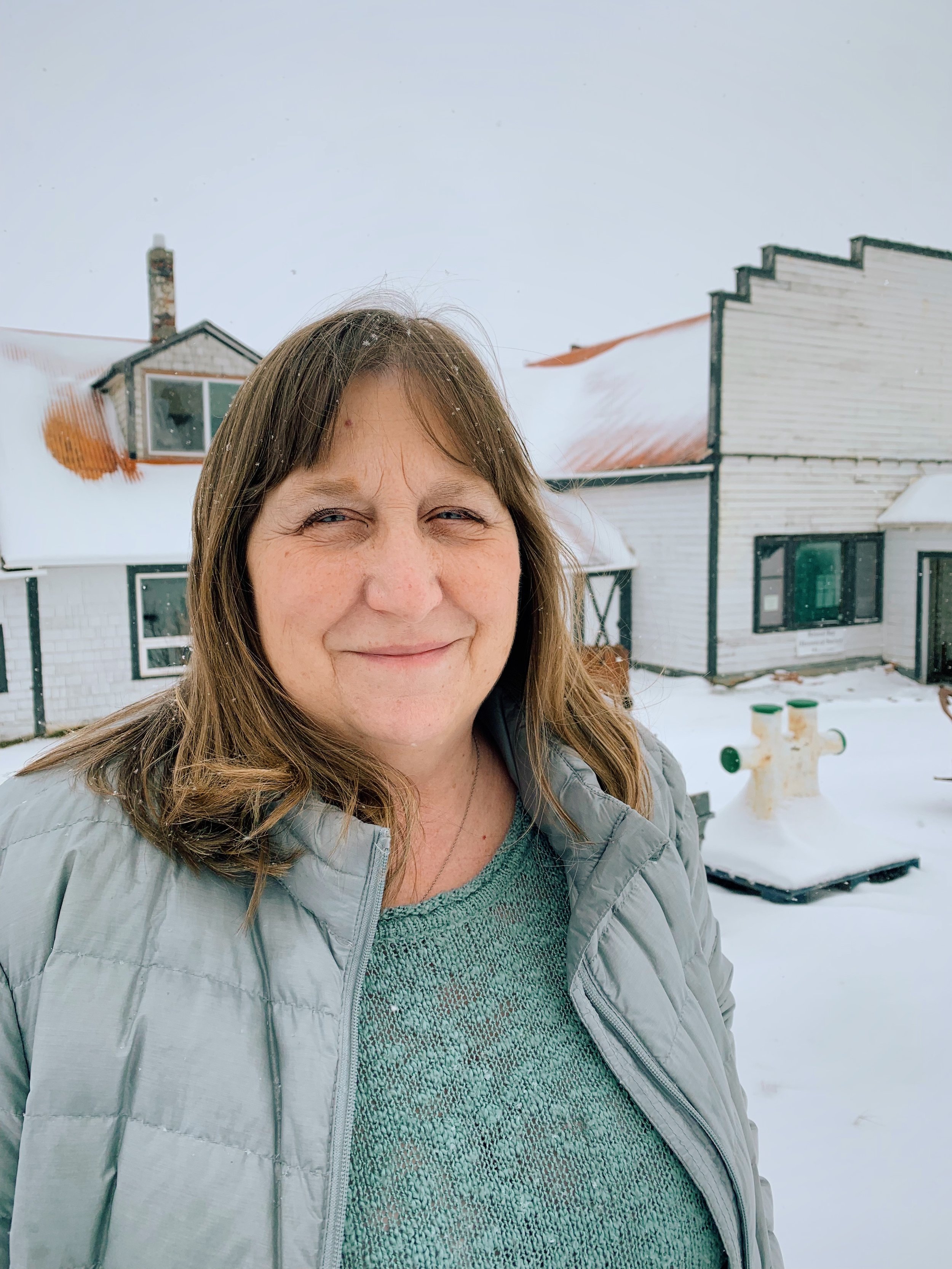Project JukeBox
"Remembering the voice of the people..."
Thomas King | Cultural Resources Laws & Practices
The collaborative partnership between The University of Alaska Fairbanks and the NN Cannery History Project will produce ten interviews that best speak to work activities associated with the cannery’s historic structures to create a “Histories of Fisheries and Canneries in Alaska” Project Jukebox. The joint effort will bring to the fore the stories of the cannery people and how their distinct relationship to work, place of origin, and the salmon themselves, connected the land-based operation to the Pacific waterscape and created a web of cannery culture. This fall, the NN Cannery History Project team traveled to Bristol Bay, western Washington and San Francisco to conduct interviews with former NN Cannery people. Thanks to an NPS Maritime Heritage Grant, all material collected and recorded in this project will be deposited into the Oral History Collection in the Alaska Polar Regions Collections and Archives at Elmer E. Rasmuson Library at UAF to ensure that the information will be preserved and accessible so that cannery peoples’ lives will be better understood and valued.
